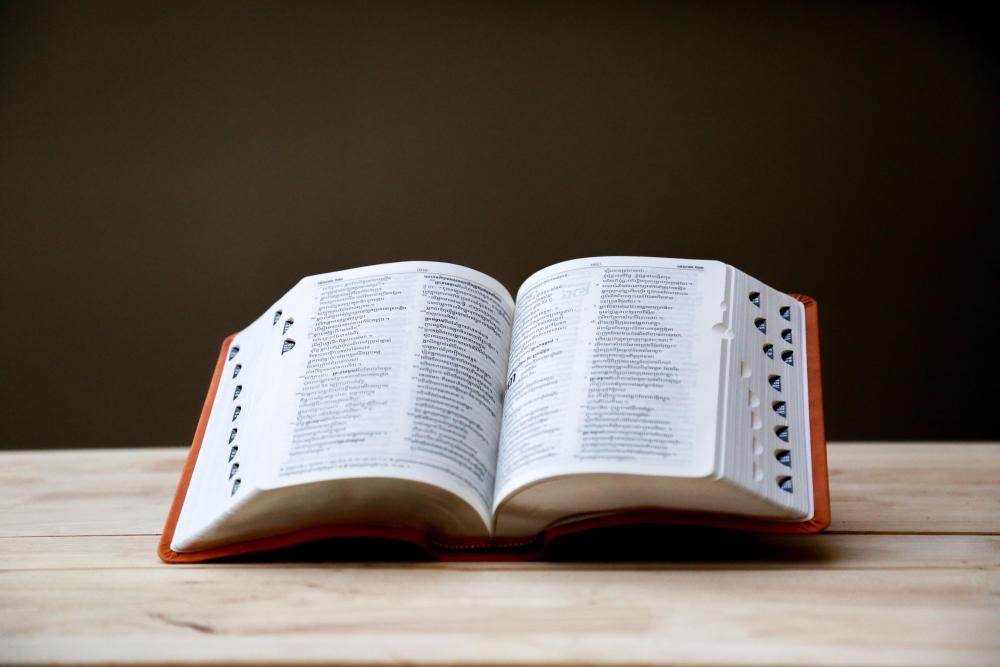2. ACCESSIBLE LANGUAGE
Breadcrumb

Breadcrumb
Asset Publisher

2. ACCESSIBLE LANGUAGE
Legal language has its own framework, created over time. Without renouncing technical rigor, it is necessary to make sure that the language is easily understood by citizens. Language is a source of cohesion and plurality; it cannot contribute to exclusion or to the consolidation of social and territorial inequalities.
Improvements will be incorporated to ensure accessible language, by taking advantage of the digital development of procedural management systems and the application of artificial intelligence.
Clarity of legal language.
The aim is to bring it closer to everyday language and for this clarity to bring about an economy of words. Clearer and simpler texts.
• Clear language in the documents, communications and forms that the Justice Administration sends to citizens. Many of these documents are default templates incorporated into the court file.
• Adapting legal terms to current language usage by reviewing archaisms.
• Using respectful language with citizens, professionals and other actors involved in a judicial process.
This will be promoted through the Commission for the Modernization of Legal Language in collaboration with institutions such as the Royal Spanish Academy (RAE).
Linguistic standardization in the Administration of Justice.
The co-official languages must be present in all areas of the administration in order to facilitate citizen access in the language of their choice, within the framework of the Constitution. The recommendations of the Council of Europe for the development of the co-official languages in Spain point in the same direction.
The aim is to make it easier for legal operators and users to use any of the official languages as a vehicle for the Administration of Justice.
The way to materialize it is by incorporating it into the models of procedural management systems and artificial intelligence tools; that is to say, making them habitual use languages for those citizens who wish to exercise their right of access to Justice in any of the national languages.
Finally, the problems of access to language for people with mental, physical or sensory disabilities will be addressed by promoting plain language and Braille. It is developed in project 7. Accessibility for vulnerable groups.
